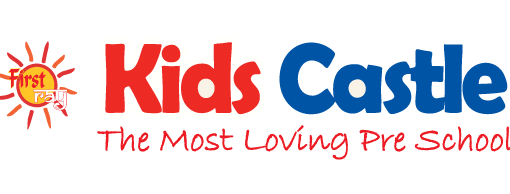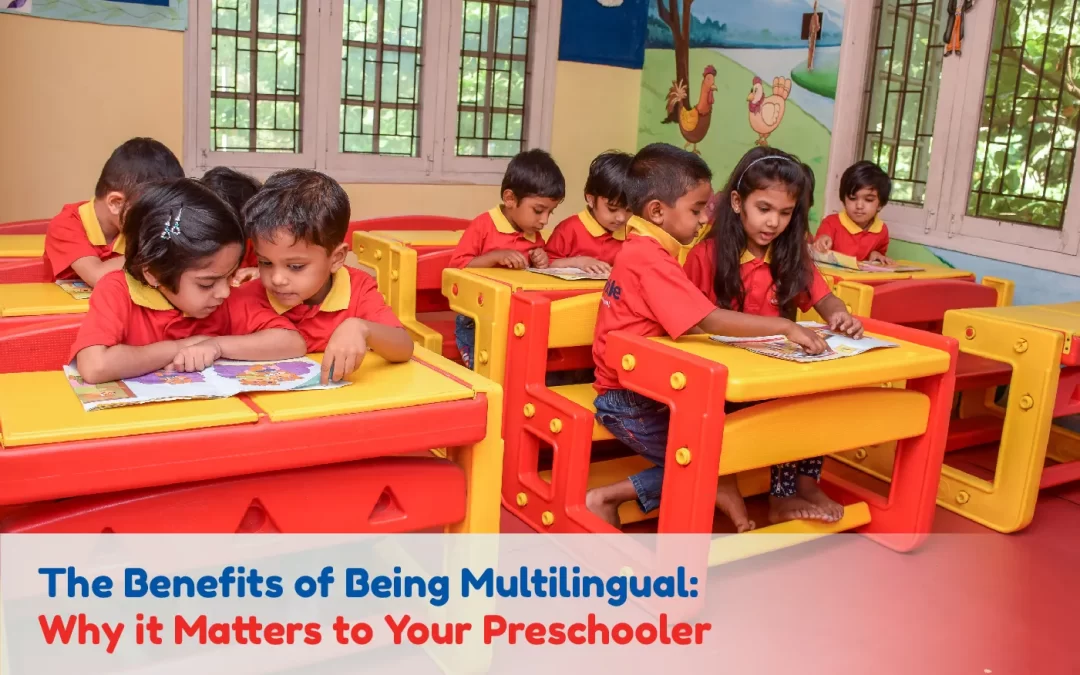Speaking more than one language has always been considered an asset, especially in today’s more interconnected world. Early language acquisition can significantly impact children’s cognitive development, cultural awareness, communication skills, and future possibilities. This blog examines the many benefits of exposing kids to various languages from a young age.
Cognitive Benefits
Enhanced Brain Development: Research indicates that multilingual children generally have more advanced cognitive abilities than their monolingual peers. Learning multiple languages stimulates brain development, improving memory, problem-solving skills, and critical thinking. These cognitive benefits can lead to better academic performance and an enhanced ability to multitask.
Improved Executive Function: Executive function involves mental processes that allow us to plan, focus attention, remember instructions, and manage multiple tasks. Multilingual children often exhibit superior executive function, helping them adapt to new situations, control impulses, and achieve goals more effectively.
Academic Advantages
Better Academic Skills: Children proficient in multiple languages often excel in various academic areas, including reading, writing, and mathematics. The cognitive skills gained through multilingualism, such as enhanced memory and attention to detail, contribute to improved academic outcomes.
Greater Linguistic Awareness: Being multilingual fosters a deeper understanding of language structures and grammar. This linguistic awareness makes it easier for children to learn additional languages in the future, as they are already familiar with the concept of language differences and similarities.
Cultural Understanding
Cultural Appreciation: Learning regional languages and the mother tongue alongside English helps children appreciate and understand their cultural heritage. It allows them to connect with family history, traditions, and values, fostering a strong sense of identity and belonging.
Broader Worldview: Exposure to multiple languages opens children’s minds to different cultures and perspectives. It promotes empathy, tolerance, and respect for diversity—essential qualities in today’s globalized society.
Social and Emotional Benefits
Improved Communication Skills: Multilingual children can communicate with a wider range of people. This ability enhances their social interactions and helps them build stronger relationships with peers from diverse backgrounds.
Boosted Confidence: Being able to speak multiple languages gives children a sense of accomplishment and boosts their self-confidence. It also provides them with the tools to navigate different social settings more comfortably and effectively.
Practical Tips for Introducing Multiple Languages
Start Early: The earlier children are exposed to multiple languages, the easier it is for them to learn and retain them. Infants and toddlers have a remarkable ability to absorb languages naturally.
Create a Language-Rich Environment: Surround your child with various languages through books, music, videos, and conversations. Consistent exposure is vital to language acquisition.
The OPOL Method: Adopt the One Person, One Language (OPOL) Method, which involves each parent or caregiver consistently speaking a different language to the child. For example, one parent speaks the mother tongue, while the other speaks English.
Encourage Interaction with Native Speakers: Regular interaction with native speakers of different languages can enhance language learning and provide authentic cultural experiences.
Make Language Learning Fun: Incorporate games, songs, and storytelling into language learning to keep your child engaged and motivated.
Conclusion:
Introducing multiple languages to children early in life is a powerful way to enrich their cognitive abilities, academic performance, cultural understanding, and future opportunities. By fostering multilingualism, we can equip our children with the skills they need to thrive in a diverse and interconnected world. Whether it’s the mother tongue, regional languages, or English, each language adds a valuable layer to a child’s development and opens up a world of possibilities.

